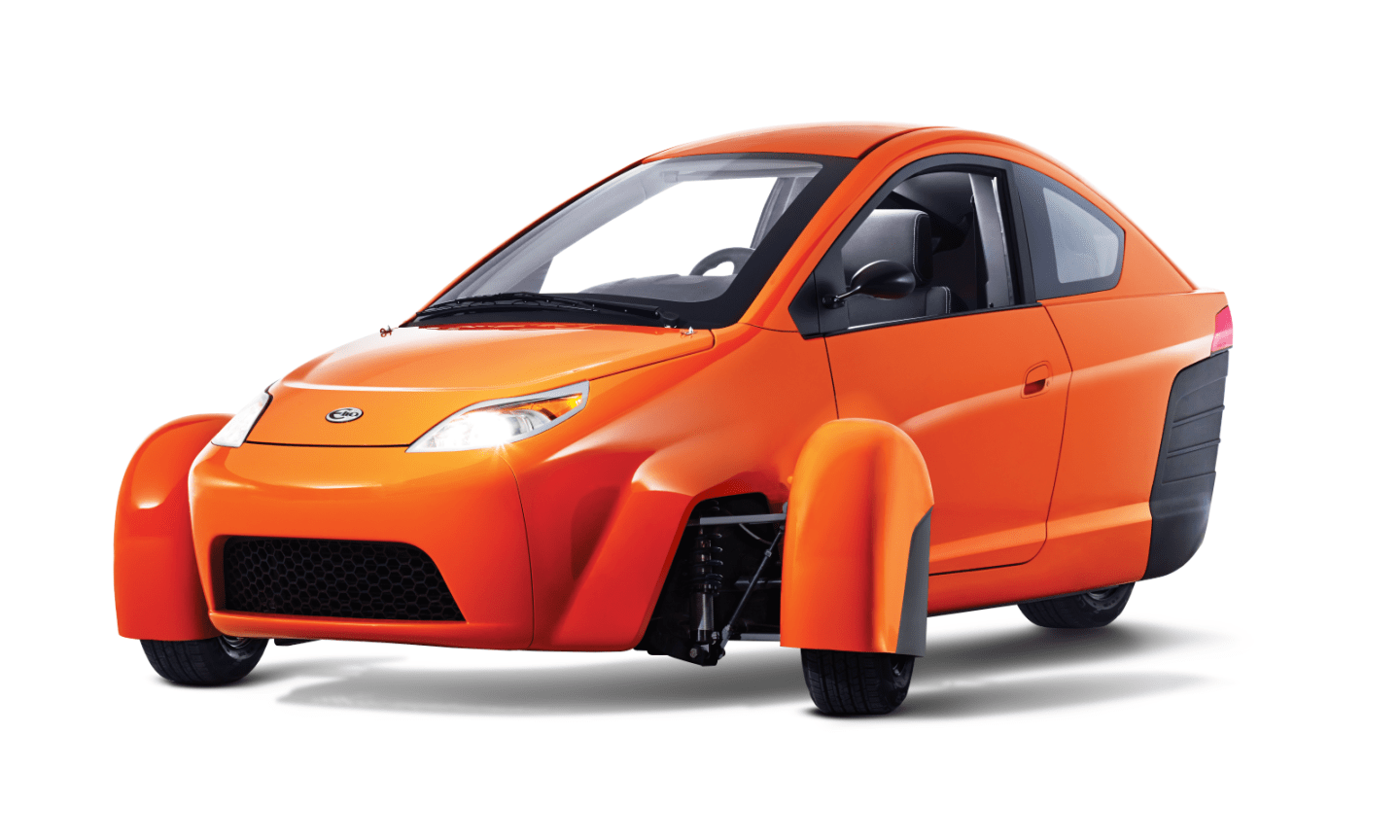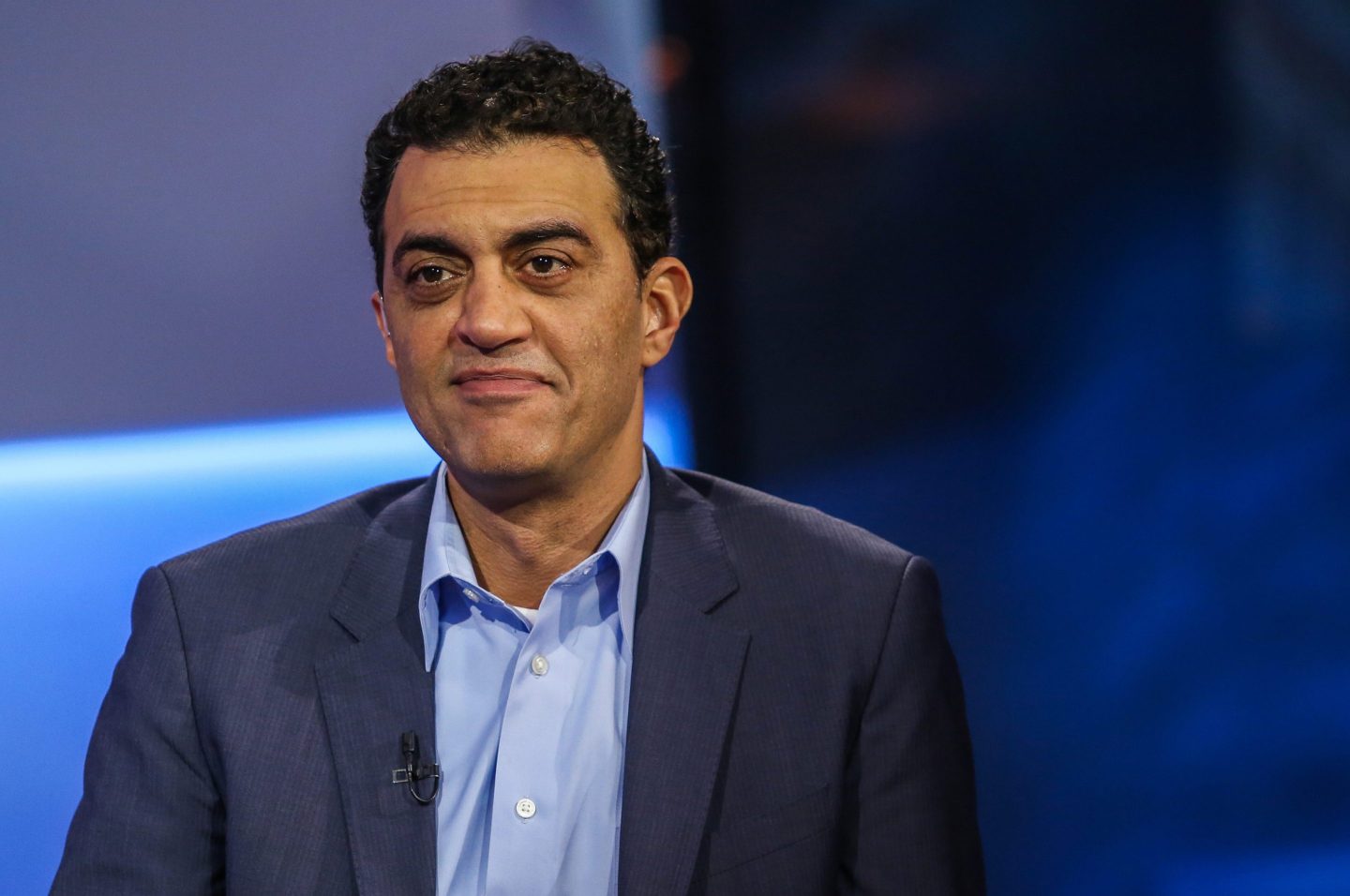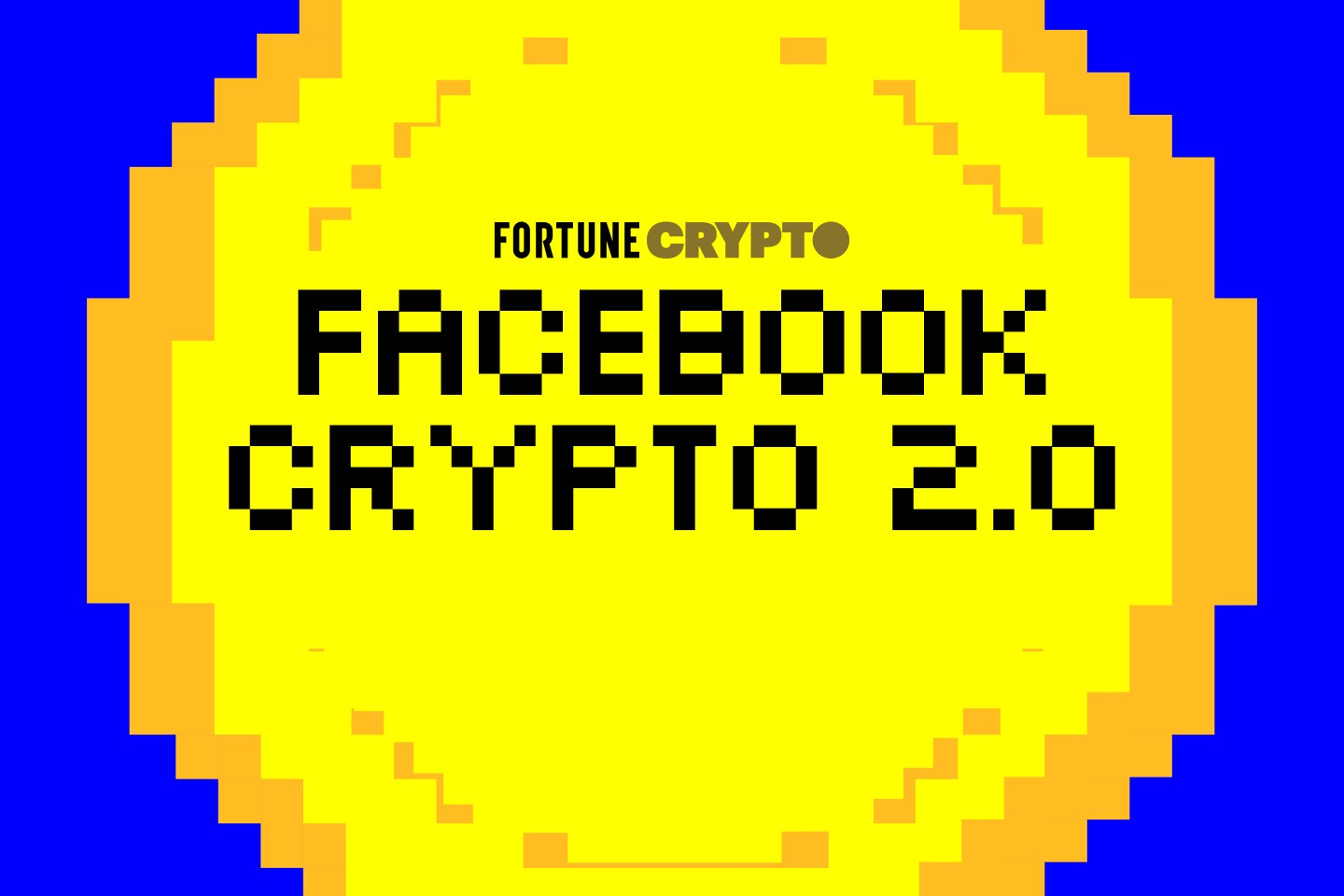The Elio autocycle is no Tesla Model S. Weighing just 1,200 pounds, the enclosed three-wheeled vehicle has an 8-gallon tank engineered to get up to 84 miles on a gallon of gasoline, according to the Phoenix-based company Elio Motors. The driver and passenger, who must sit in tandem, are encased in a narrow pod—two front wheels jutting out in a reverse tricycle effect.
Despite their vast differences in design, price, and fuel source, both U.S. companies do have the same sales strategy. Elio Motors, like Tesla (TSLA), wants to bypass the traditional dealership franchise and sell its $6,800 autocycle directly to the consumer.
Elio hasn’t produced any autocycles yet. And yet Michigan lawmakers, who last October banned Tesla from selling directly to consumers, have introduced legislation that would clear a path for Elio to begin selling cars—that is, once it starts making them.
The bill, introduced by state senator Darwin Booher in April, would allow manufacturers of autocycles to sell directly to consumers. Irony aside, the legislation has pushed the issue of direct consumer sales back in the public arena. Even the Federal Trade Commission has weighed in.
The commission, which was asked for an opinion on the matter by Booher, says the bill does not go far enough, and it urged Michigan lawmakers in a 10-page letter to allow any manufacturer to sell directly to consumers:
The narrow scope of the bill would largely perpetuate the current law’s protectionism for independent franchised dealers, to the detriment of Michigan car buyers. FTC staff believe Michigan’s consumers would more fully benefit from a complete repeal of the prohibition on direct sales by all manufacturers, rather than the enactment of any limited, selective set of exceptions.
The legislation is a step in the right direction, the commission wrote in a blog post. However, beyond company-specific fixes lies a much larger issue: Who, the commission asks, should decide how consumers shop for products they want to buy? It argues, in a position it has taken on numerous occasions, that protecting dealers from abuses by manufacturers doesn’t justify blanket bans to all automakers.
Tesla agrees wholeheartedly with the FTC. States should not limit how consumers buy their cars, a company spokesperson said.
Tesla hopes the FTC’s support has an impact on legislators who will ultimately decide if they want Tesla to participate with direct sales in their state, particularly Michigan, said Will Nicholas, the company’s government relations manager.
While several states, including Texas and Arizona, have passed laws that prevent Tesla from selling cars directly to consumers, the Palo Alto-based company has had some recent success in overturning (or clarifying) laws to allow direct sales. In March, New Jersey Gov. Chris Christie signed a bill that allows manufacturers of zero-emissions vehicles to sell directly to customers, effectively lifting a ban placed on Tesla in April 2014 by the state’s motor vehicle commission.
On Tuesday, Maryland Gov. Larry Hogan and Georgia’s governor both signed laws that allows makers of electric and other non-fossil fuel-burning cars to sell directly to consumers. The law goes into effect October 1.












